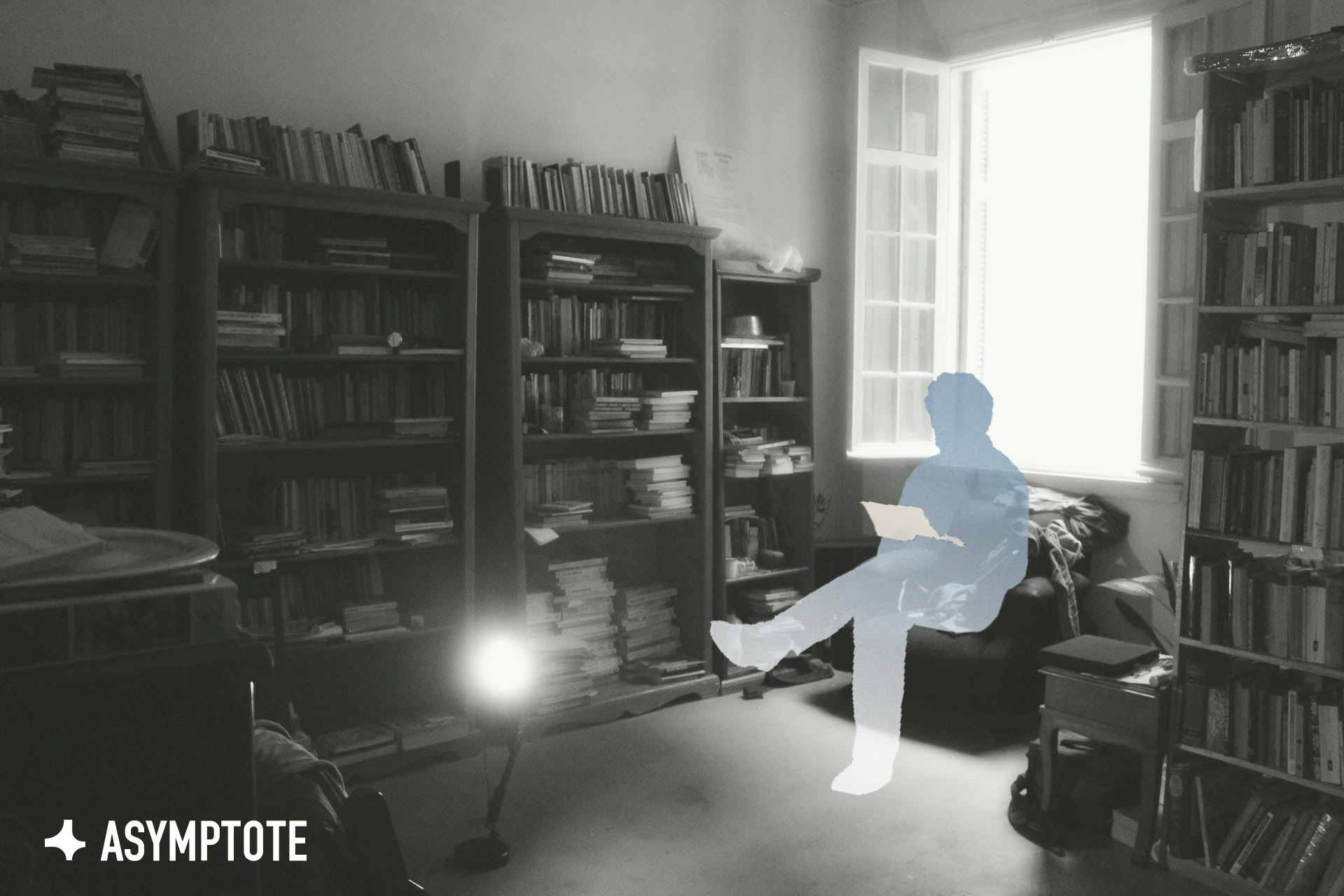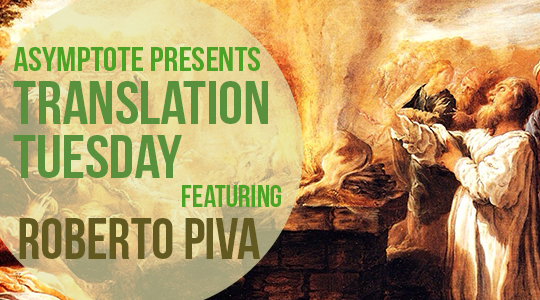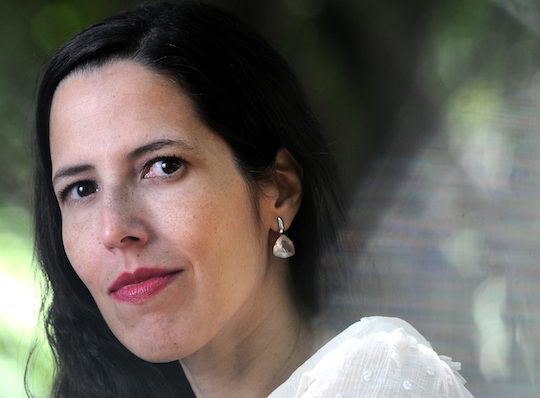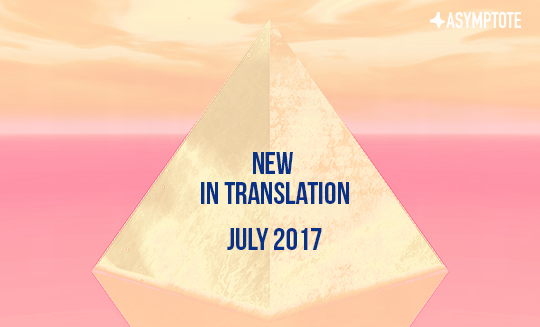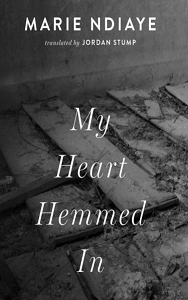It’s four in the afternoon and I step out to walk through the streets of downtown São Paulo, looking for what is left of a city I have not actually experienced but have imagined from Roberto Piva’s books. With a sense of nostalgia, I identify mythic street corners, revamped bars, buildings, parks, and statues, but time keeps grinding on and it weighs heavily on the landscape. That boy walking through Praça República, listening to that song “Deu Onda” for the umpteenth time, looks nothing like the kids who wandered around here sixty years ago, always carrying with them a book by Lorca, Artaud, Ginsberg, or Jorge de Lima. In a final, delirious attempt, I pause on a detail of the landscape: I look up, to the top of Edifício Copan, but Polén and Luizinho, spewing all the semen in the universe, aren’t there, either. The little that remains of that nostalgic delirium borne of reading a book may perhaps be found in the place where I’m headed, the second floor of number 108 on Avenida São João: the Roberto Piva Library. There they assemble the books, manuscripts, and other traces of an important poetic oeuvre that is more widely known because of its eccentric author’s cult status than because of a systematic study of his texts.
If we try to insert him in the history of Brazilian poetry beginning in the 1960s, Piva resists, a dissonant voice. But perhaps the silencing of his work ought to be reevaluated. When we read much of the bibliography about the author, we are left with the impression that the reception following the launch of Paranoia turned out to be a fairly isolated case: first, in the 1960s, there was a moralizing silence from critics in which they agreed to read him in direct association with Surrealism. Later, in the 1970s, there was the strange inclusion of his writing in the anthology organized by Heloísa Buarque de Hollanda with twenty-five other poets. In the following decades, there was the “co-optation” of his poetry by homoerotic literature. Finally, he would come to occupy his current position with the launch of his “Collected Works” by Editora Globo, which won over a far wider public and continues to be rediscovered.

